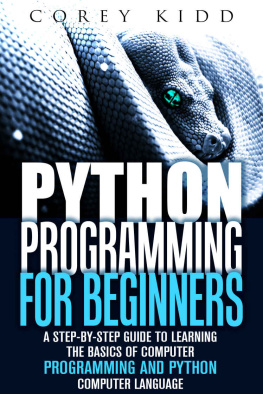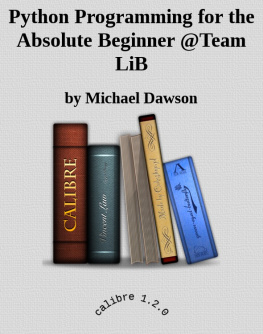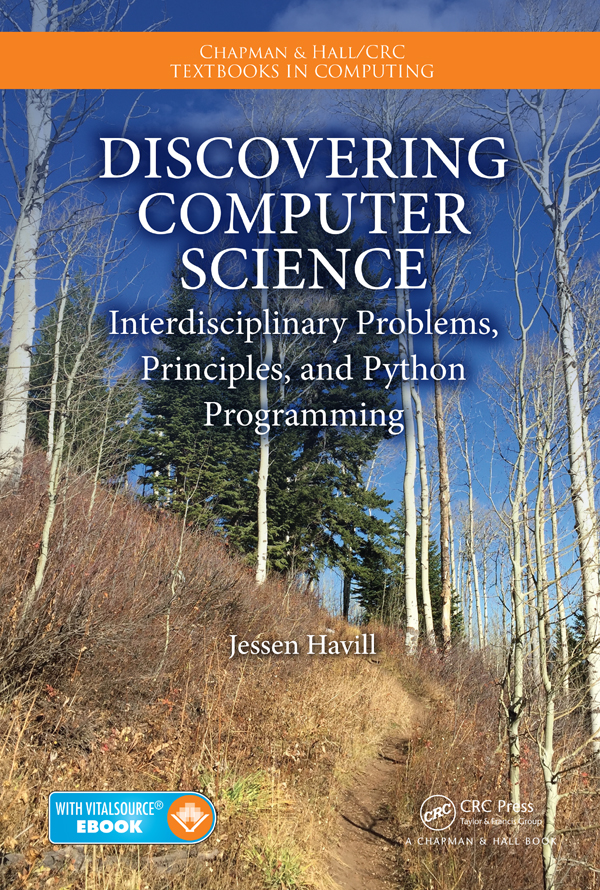Jessen Havill - Discovering Computer Science : Interdisciplinary Problems, Principles, and Python Programming
Here you can read online Jessen Havill - Discovering Computer Science : Interdisciplinary Problems, Principles, and Python Programming full text of the book (entire story) in english for free. Download pdf and epub, get meaning, cover and reviews about this ebook. year: 2020, publisher: CRC Press/Taylor and Francis, genre: Children. Description of the work, (preface) as well as reviews are available. Best literature library LitArk.com created for fans of good reading and offers a wide selection of genres:
Romance novel
Science fiction
Adventure
Detective
Science
History
Home and family
Prose
Art
Politics
Computer
Non-fiction
Religion
Business
Children
Humor
Choose a favorite category and find really read worthwhile books. Enjoy immersion in the world of imagination, feel the emotions of the characters or learn something new for yourself, make an fascinating discovery.
- Book:Discovering Computer Science : Interdisciplinary Problems, Principles, and Python Programming
- Author:
- Publisher:CRC Press/Taylor and Francis
- Genre:
- Year:2020
- Rating:4 / 5
- Favourites:Add to favourites
- Your mark:
Discovering Computer Science : Interdisciplinary Problems, Principles, and Python Programming: summary, description and annotation
We offer to read an annotation, description, summary or preface (depends on what the author of the book "Discovering Computer Science : Interdisciplinary Problems, Principles, and Python Programming" wrote himself). If you haven't found the necessary information about the book — write in the comments, we will try to find it.
Abstract: Discovering Computer Science: Interdisciplinary Problems, Principles, and Python Programming introduces computational problem solving as a vehicle of discovery in a wide variety of disciplines. With a principles-oriented introduction to computational thinking, the text provides a broader and deeper introduction to computer science than typical introductory programming books.Organized around interdisciplinary problem domains, rather than programming language features, each chapter guides students through increasingly sophisticated algorithmic and programming techniques. The author uses a spiral approach to introduce Python language features in increasingly complex contexts as the book progresses.The text places programming in the context of fundamental computer science principles, such as abstraction, efficiency, and algorithmic techniques, and offers overviews of fundamental topics that are traditionally put off until later courses.The book includes thirty well-developed independent projects that encourage students to explore questions across disciplinary boundaries. Each is motivated by a problem that students can investigate by developing algorithms and implementing them as Python programs.The books accompanying website - http://discoverCS.denison.edu - includes sample code and data files, pointers for further exploration, errata, and links to Python language references.Containing over 600 homework exercises and over 300 integrated reflection questions, this textbook is appropriate for a first computer science course for computer science majors, an introductory scientific computing course or, at a slower pace, any introductory computer science course
Jessen Havill: author's other books
Who wrote Discovering Computer Science : Interdisciplinary Problems, Principles, and Python Programming? Find out the surname, the name of the author of the book and a list of all author's works by series.

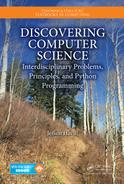
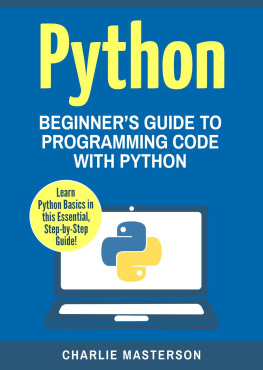

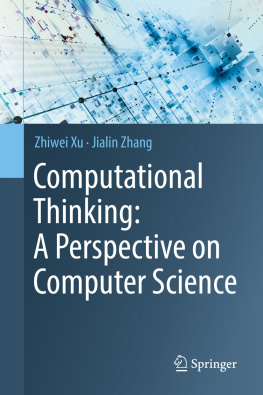
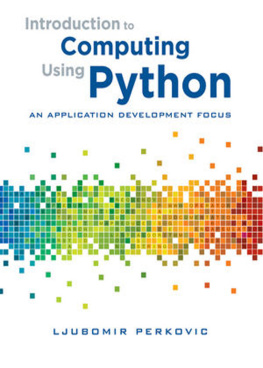
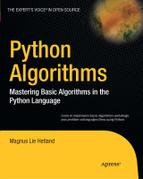
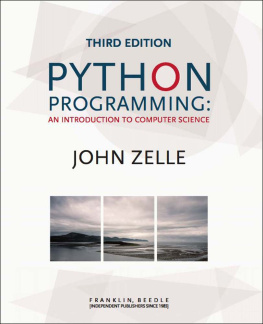
![Magnus Lie Hetland [Magnus Lie Hetland] - Python Algorithms: Mastering Basic Algorithms in the Python Language, Second Edition](/uploads/posts/book/124062/thumbs/magnus-lie-hetland-magnus-lie-hetland-python.jpg)
